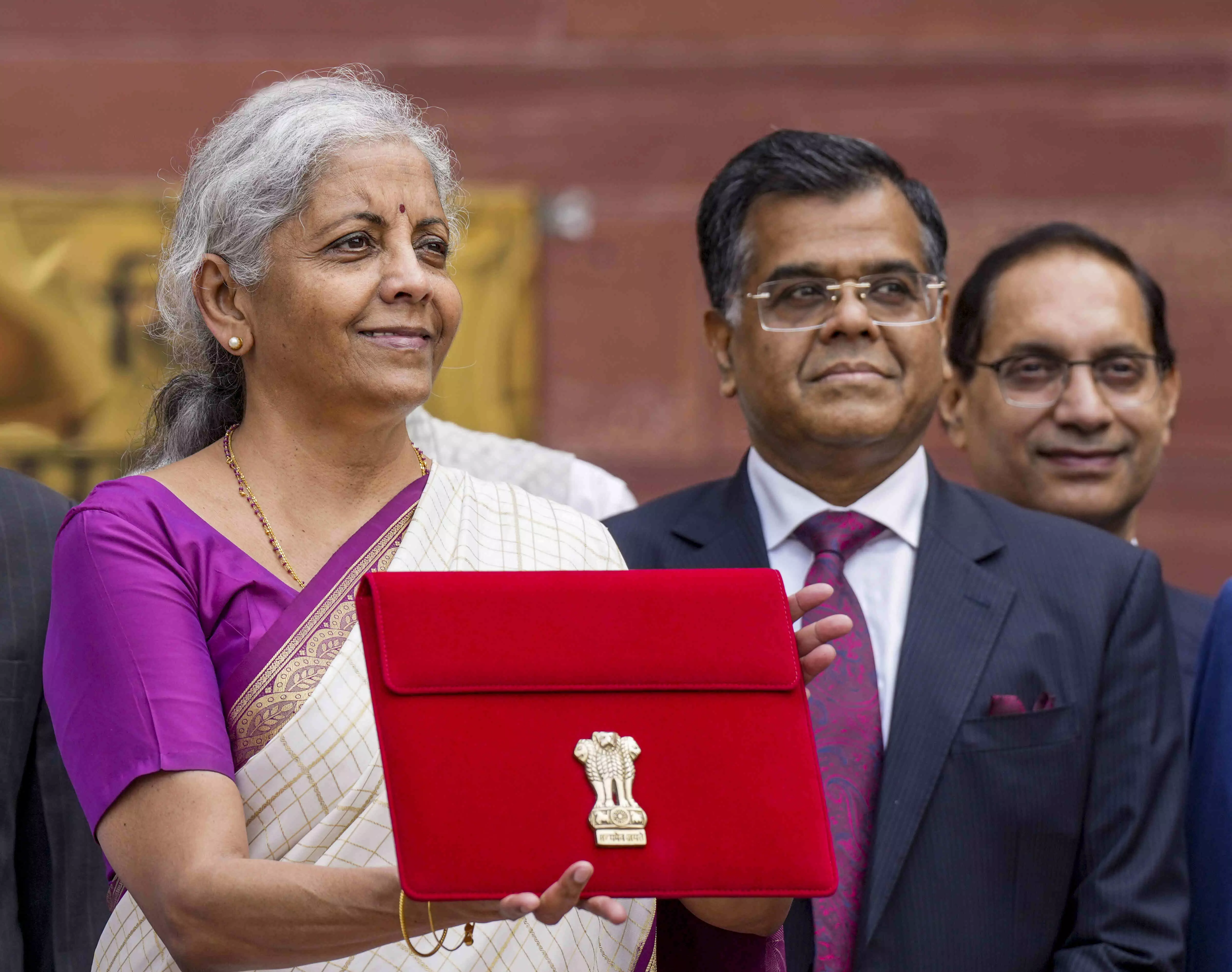Union Budget 2024: Hits, misses, & the forgotten
A growth-oriented Budget that brought cheer and disappointment in equal measure

It was a tax that should have never existed. The angel tax, introduced by former President and erstwhile Finance Minister of India, Pranab Mukherjee. The astute politician’s rich political legacy is marginally marred by his introduction of the angel tax in 2012. Around the same time, Mukherjee had also introduced another draconian retrospective tax that would compel foreign companies involved in deals concerning Indian assets to pay capital gains tax (such as Vodafone’s 2007 acquisition of Hutchison Essar). The much-reviled tax was meant to curb money laundering but ended up clipping angel wings while obstructing much-needed funds to startups. Much like the demonetisation drive of 2016 — aimed at obliterating black money and yet we are still searching for proof of its success.
It took seven years for the current government to cull the retrospective tax in 2021 and about 12 years to finally provide respite to startup entrepreneurs and investors by scrapping the contentious angel tax. It was a long-standing demand that finally corrected a gross policy misstep. This course correction definitely could have happened much earlier, considering the multiple investor delegations that have been routinely holding court with government officials on the matter. Better late than never, say relieved investors and startups. Getting rid of the angel tax is by far the most stellar announcement in this week’s Union Budget.
The government was on-point in setting nine priority areas — agriculture, employment, inclusive development, manufacturing, services, urban development, energy, infrastructure, innovation, and research and development. This Budget has also finally turned its focus on the issue of unemployment. The three employment-linked schemes may not be enough but at least are a good place to start. It also proves acceptance of growing joblessness in the country and the urgent need to tackle it. Incentives for job creators and skilling and internships for the workforce were sorely needed to ensure gainful employment of the youth. Keeping green energy at the top of the agenda is another win in this Budget. Moving to cleaner energy is an essential stepping stone for an emerging superpower like India. Increasing Mudra Loan eligibility from Rs 10 lakhs to Rs 20 lakhs, and Credit Guarantee Schemes will provide the necessary boost to the struggling micro, small, and medium enterprises (MSMEs). But remember, effective implementation will remain vital if the fillip to both job creation and the MSME sector should bear fruit.
There were a few misses too — removal of indexation will negatively impact the real estate sector, not much joy for the middle classes, no rationalisation of high GST rates, and upping long-term capital gains (LTCG) tax from 10 per cent to 12.5 per cent on all financial and non-financial assets which is a dampener for long-term investments. Much more space and thought should have been devoted to climate change given that the populace from time to time is reeling under excessive heat, rain, floods, water scarcity, and diseases. There was an announcement of ‘climate finance taxonomy’ with the goal of improving the access to capital to face and cope with climate change while aiding us to achieve our climate commitments and green transition. Natural farming, self-reliance, and agricultural R&D will benefit climate adaptation. But India’s development and growth has to keep climate change front and centre — the Budget could have devoted more attention to this crucial aspect. It’s disappointing that the much delayed Census and National Population Register (NPR) are unlikely to happen this year as well. The reduction in the allocation from Rs 12,700 crore expenditure sanctioned by the Cabinet in 2019 to this year’s Rs 1,309 crore, points to a further postponement of this significant government exercise that can dictate several social and economic policies.
The writer is an author and media entrepreneur. Views expressed are personal

